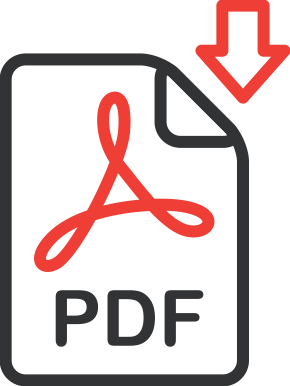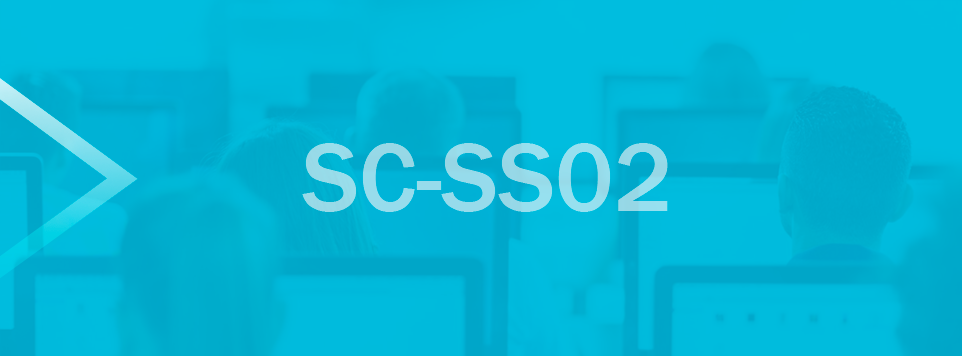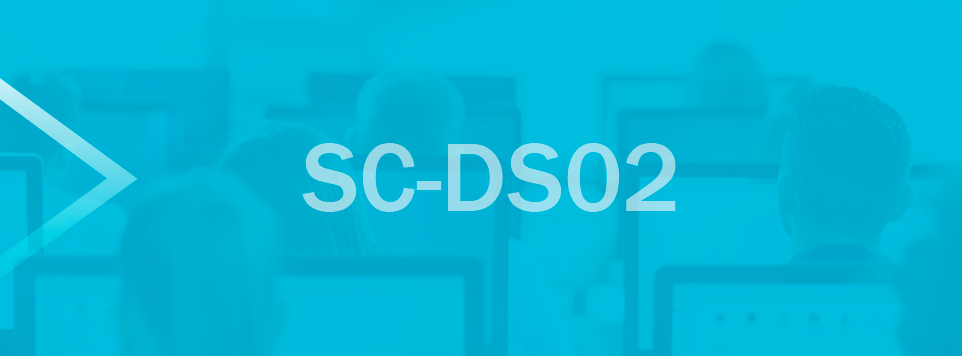Process Simulation Courses
Courses aimed at acquiring the necessary know-how to apply the use of commercial process simulators to your daily activities

Inprocess offers Process Simulation Courses of different focuses and length. Public Training Courses give the attendees a chance to learn about process simulation in a neutral environment – away from their day-to-day job. In-house Training Courses can provide a cost-effective solution to companies who would like to train several of their staff in a specific subject. Inprocess uses a modular approach to courses and seminars. This allows us to readily change the emphasis of a training session to focus on specific areas. Some of our most popular combinations of modules are available in pre-packaged sets, and it is a straightforward question to add, subtract or re-order modules. On this page, you will find a selection of our process simulation courses.
Virtual Classroom:
Part of the current Inprocess catalogue of courses on Process Simulation is available in Virtual Classroom format for remote users. This availability comes in two ways:
- Remote In-House: for groups of engineers belonging to the same company.
- Remote Public: for engineers belonging to different companies (calendar available here)
Inprocess’ Virtual Classroom courses bring together the benefits of Inprocess’ training philosophy (learn by doing) and the capabilities of online-style training.
The full-time presence of the instructor during the five days of the course allows the attendees to gain a complete insight into the course concepts and simulation features, while at the same time letting them interact in a relaxed, informal way with the course instructor. With the course contents distributed over the course of a week, in an easy-to-follow format, the project experience of Inprocess’ simulation expert will facilitate the learning process of the course attendees.

Download Training Dossier 2024
Our Offering

SC-SS01: Introduction to steady state process simulation
The course content covers the basic needs of process simulation users. The basic unit operations are introduced in a stepwise manner with the objective of being able to build flowsheets by the end of the course. The use of several software functionalities will show users how to explore operating alternatives for the processing plant units that are being studied. The course has been designed to include many hands-on exercises to facilitate a more efficient and interesting learning experience.

SC-SS11: Steady state process simulation (oil & gas focus)
The course content covers the needs of process simulation users in an Oil & Gas working or designing environment. The use of several software functionalities will show users how to explore operating alternatives for the processing plant units that are being studied. The concepts acquired during the course will allow engineers to build their own process simulation cases to solve design problems in their daily job. Basing decisions on rigorously arrived-at simulation results will lead to better and quicker decision-making and furthermore improve confidence in the decisions taken.

SC-SS12: Steady state process simulation (natural gas and LNG focus)
The course content covers the needs of process simulation users in a Natural Gas processing working or designing environment. The use of several software functionalities will show users how to explore operating alternatives for the processing plant units that are being studied. The concepts acquired during the course will allow engineers to build their own process simulation cases to solve design problems in their daily job. Basing decisions on rigorous simulation results will lead to better and quicker decision-making and furthermore improve confidence in the decisions taken.

SC-SS13: Steady state process simulation (refinery focus)
The course content covers the needs of process simulation users in an oil refinery working or designing environment. The use of several software functionalities will show users how to explore operating alternatives for the processing plant units that are being studied. The concepts acquired during the course will allow engineers to build their own process simulation cases to solve design problems in their daily job. Basing decisions on rigorously arrived-at simulation results will lead to better and quicker decision-making and furthermore improve confidence in the decisions taken.

SC-SS14: Steady state process simulation (petrochemicals focus)
The course content covers the basic needs of petrochemical plants process simulation users. The basic unit operations are introduced in a stepwise manner with the objective of being able to build flowsheets by the end of the course. The use of several software functionalities will show users how to explore operating alternatives for the processing plant units that are being studied.

SC-SS15: Introduction to steady state process simulation (chemicals focus)
The course content covers the basic needs of process simulation users. The basic unit operations are introduced in a stepwise manner with the objective of being able to build flowsheets by the end of the course. The use of several software functionalities will show users how to explore operating alternatives for the processing plant units that are being studied.

SC-SS02: Advanced steady state process simulation
The course content covers the advanced needs of process simulation users. Non-usual capabilities of the software are explored and applied to useful examples. The use of advanced software functionalities will show users how to increase the value that can be obtained from the process simulator.

SC-DS01: Introduction to dynamic process simulation
The course content covers the basic needs of dynamics process simulation users. The attendees will learn the fundamentals of dynamic process modeling using commercial dynamic simulators and the main differences between steady state and dynamic modelling will be introduced. In addition, the necessary basic control theory will be reviewed briefly. To facilitate an efficient learning experience, all concepts will be studied using simple and practical hands-on examples.

SC-DS02: Simulation for process control engineers
Process Engineers are heavy users of simulation tools (Aspen HYSYS®, Aspen Plus®, Honeywell UniSim® etc.) to design new processes or revamps, and almost all simulation training courses are designed for them. On the other hand, there are almost no specific simulation courses targeted at process control engineers, who can make use of the simulation tools to perform specific control tasks with the help of a simulator.
This course is conceived with the following objectives in mind:
SC-DS14: Dynamic process simulation (petrochemicals focus)
The course content covers the basic needs of dynamics process simulation users from the petrochemical and refining industries, including the modeling of chemical reactors and of complex column configurations. The attendees will learn the fundamentals of dynamic process modeling using commercial dynamic simulators and the main differences between steady state and dynamic modeling will be introduced. In addition, the necessary basic control theory will be reviewed briefly.



